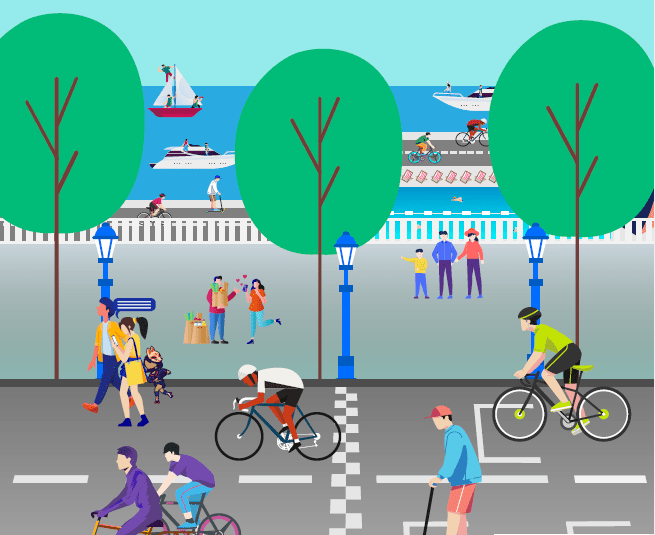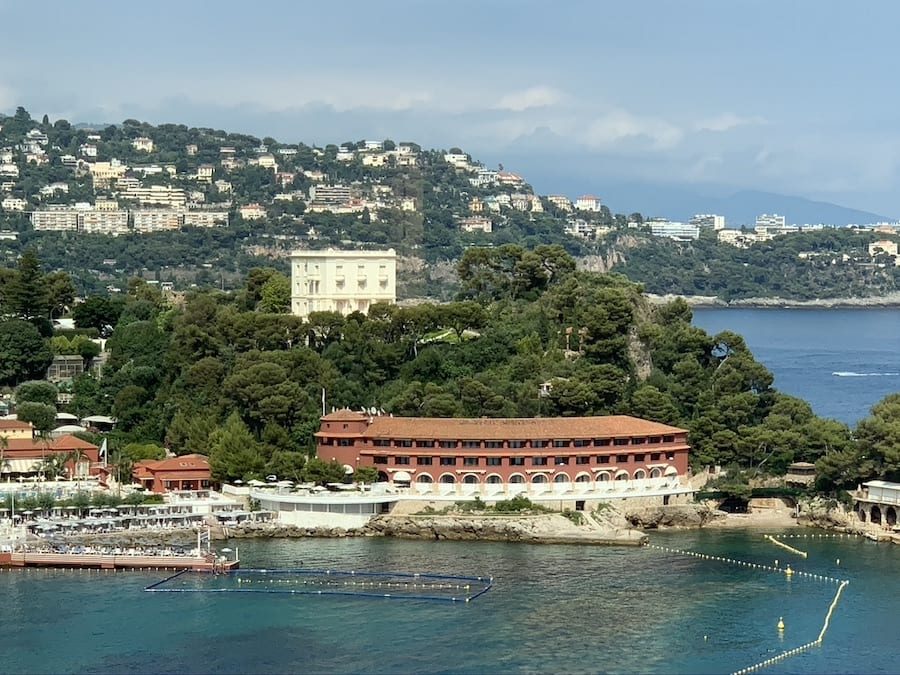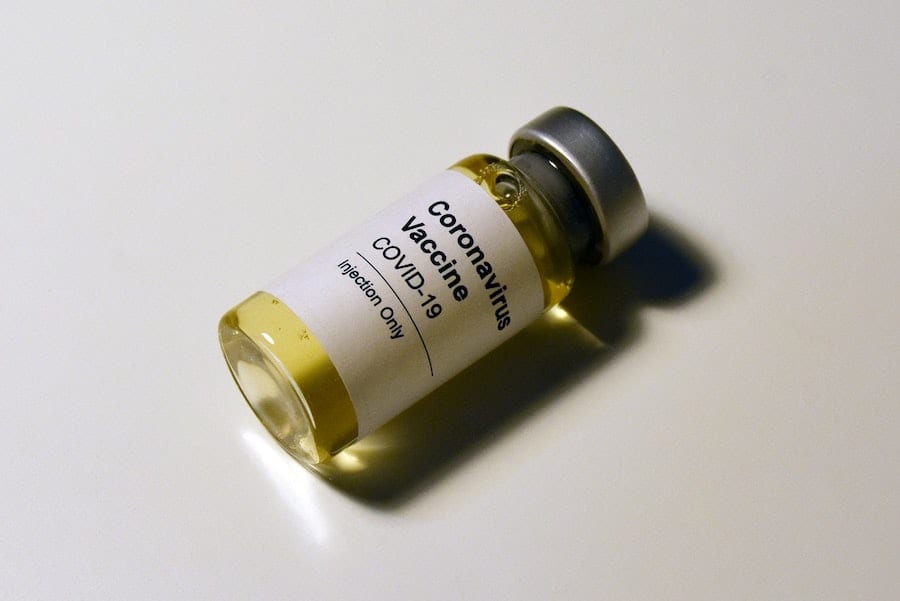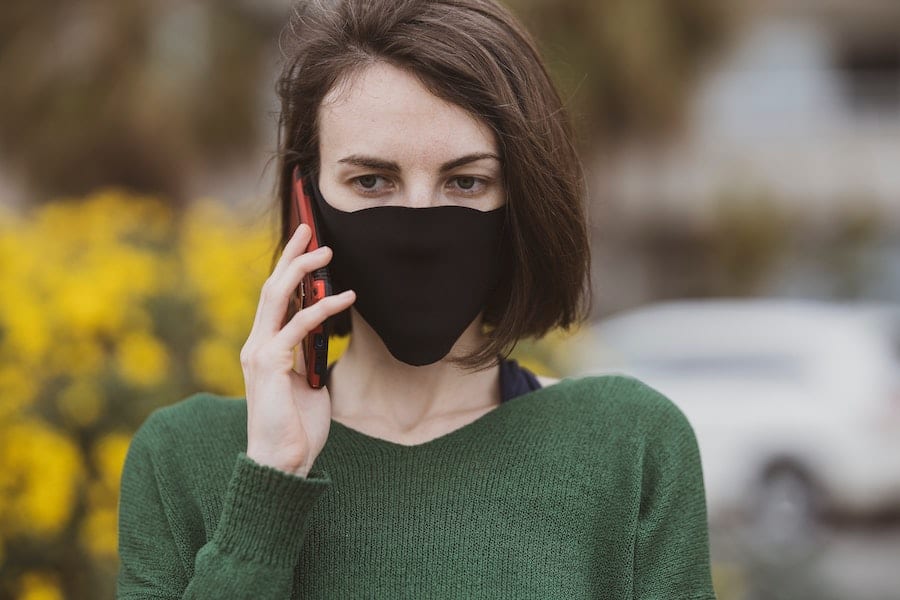No-car zones will become a more regular feature of Monaco, as the government builds on the success of ‘Bike Sunday’ and helps citizens transition to a cleaner form of transportation.
The government initiated the first ‘Bike Sunday’ on 20th September and it was such a great success it has decided to make it a regular event.
On 10th January, from 10am to 5pm, the lower part of the F1 Grand-Prix circuit will be a designated “bike-only” zone. Boulevard Albert 1er, JF Kennedy, and Route de la Piscine will all be closed off to traffic.
The event is designed for young and old and aims to “take-back” this zone from cars.
Like the first event, participants will also be able to enjoy a range of entertainment and workshops on Quai Albert 1er. The Department of Public Safety will be offering a training course on road safety for cyclists and an awareness workshop on the risks associated with alcohol consumption.
The Union Cycliste de Monaco will hold educational workshops on sharing the road with motorists and help explain the aim of soft mobility.
Meanwhile, MonaBike will offer its bikes to the public free of charge for the day, together with electric bicycles and scooters by retailers in the Principality, including Monaco Bike Pro, Monecobike, Stajvelo, The Bike Shop.
For the safety of all, wearing a helmet is compulsory for those up to the age of 18 when riding a bicycle and a scooter.
The event, organised by the Department of the Environment with the support of Club VE and the Municipal Council, will take place in strict compliance with health rules and social distancing. Wearing a mask will be compulsory for people not participating in a sporting activity and hydroalcoholic gel will be made available.
The event will result in traffic disruptions with the total closure of several lanes from 9:30am to 5pm.
Car-free day returns to Monaco






